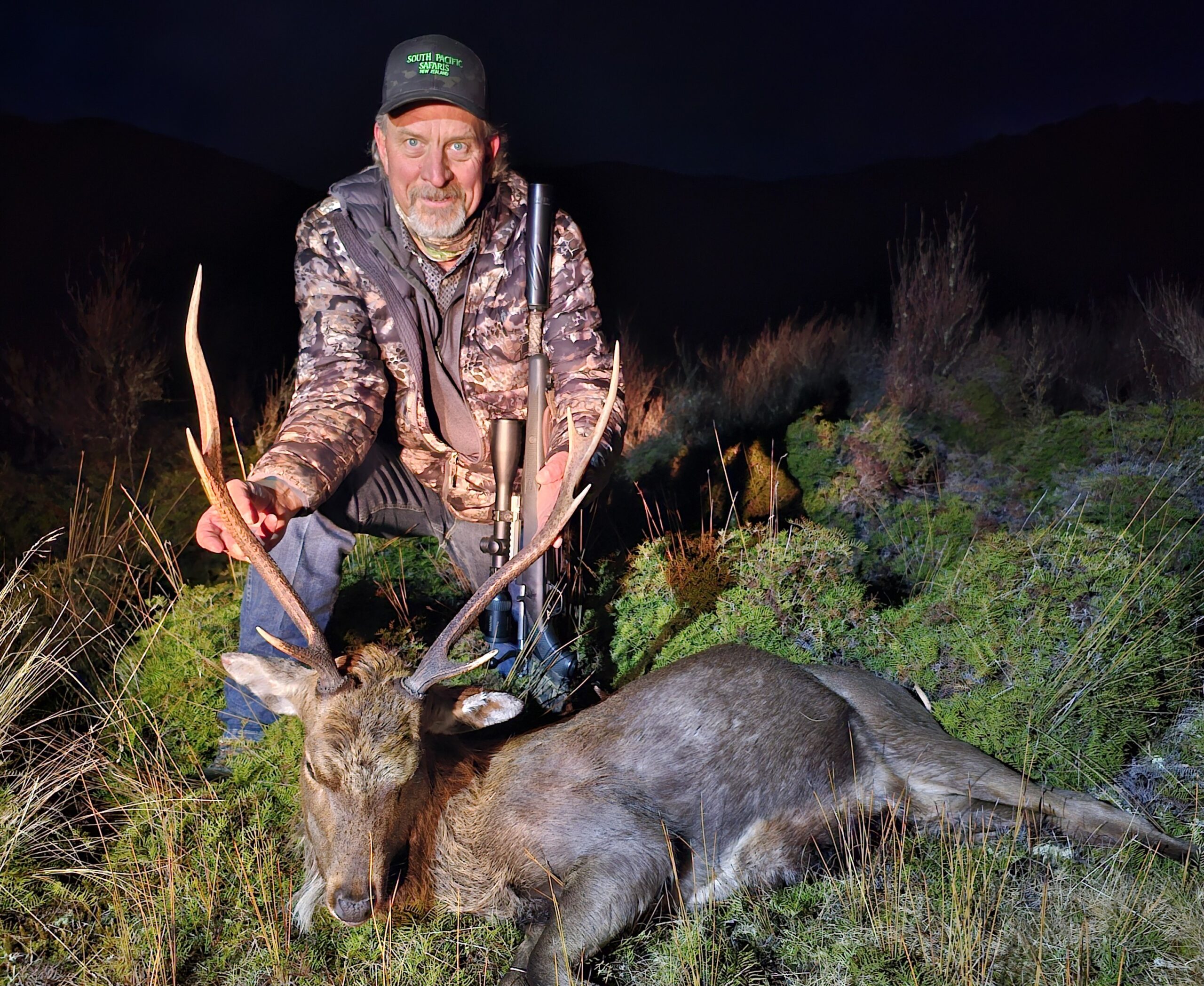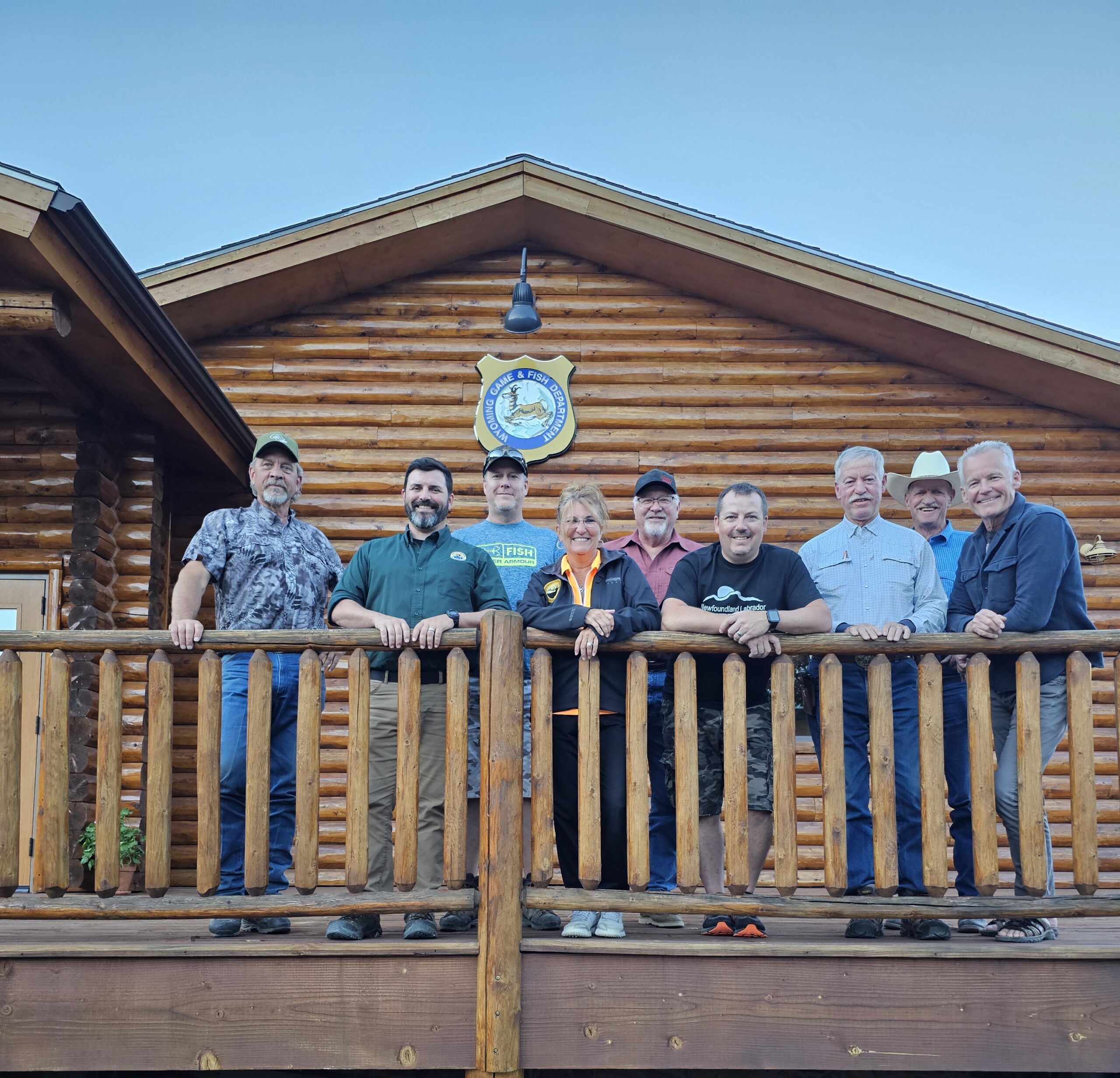
As animal rights organizations, with prominent support in the social media, are making a stand against sustainable hunting in Africa, CIC (International Council for Game and Wildlife Conservation) and DJV (German Hunting Association) “condemn the media hunt against the huntress Brittany Longoria: As a scientist, she develops ecological tourism concepts in Africa that include hunting.”
“I find it strange that parts of our society, based on a photo, presume to discredit a designated species conservationist in such a way. They are worried about the regulated hunting of a wild animal whose management follows internationally valid quotas and criteria. We demand fact-based reporting,” said Dr. Wilhelm von Trott zu Solz, head of the German delegation of the CIC.
Brittany Longoria is a philanthropist and develops ecotourism strategies for village communities in South and East Africa. Working in Africa since 2000, she unites governments, indigenous peoples and investors through local conservation projects. Sustainable hunting is part of their strategy. The goal: secure income for the local population and protection of native wildlife through their sustainable use. The best protection for the big cat and its prey: sustainable use.
A petition launched by animal rights organizations in July 2016 to end the legal hunt for the leopard failed in November 2016 following intervention by affected SADC (South African Development Community) countries of origin. The quota for leopards from the SADC set by the international trade agreement CITES is currently not being exhausted.
The stocks of “Panthera pardus” in the member states of the SADC are considered the world’s most stable and healthy. Over-regulation and trade restrictions are the biggest threat to the leopard today, as they lose incentives to protect the big cat and its prey. In the absence of these, wildlife is only a threat to their livelihoods.


